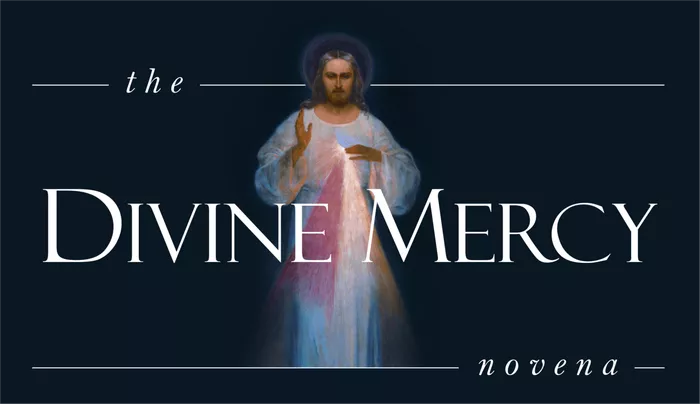In the rich tapestry of Catholic traditions, novenas hold a special place. These periods of devout prayer, typically lasting nine days, are steeped in history and spirituality, offering believers a structured way to deepen their faith and seek divine intervention. From their origins to their modern-day practice, novenas continue to play a significant role in the spiritual lives of Catholics around the world.
Origins and Significance
The word “novena” is derived from the Latin word “novem,” meaning nine. The tradition traces its roots back to the earliest days of Christianity, when the Apostles and early followers of Jesus gathered for nine days of prayer between his Ascension and the descent of the Holy Spirit on Pentecost. This period of intense prayer and reflection served as a preparation for the coming of the Holy Spirit and the birth of the Church.
Over time, the practice of novenas evolved, incorporating elements from various cultures and traditions. In the Catholic Church, novenas became associated with specific saints, feast days, or intentions, providing believers with a structured way to focus their prayers and petitions. Novenas are often centered around a particular theme or intention, such as healing, guidance, or intercession for a specific need.
SEE ALSO: Meaning and Power of the Novena Prayer: All You Need to Know
Structure and Format
While novenas can vary in their format and content, they typically follow a similar structure. Traditionally, a novena consists of nine days of prayer, with a specific prayer or set of prayers repeated each day. This repetition serves to reinforce the intention of the novena and allows the believer to enter into a deeper spiritual state over the course of the nine days.
In addition to prayers, novenas may include readings from Scripture, devotional reflections, and hymns or chants. Some novenas also incorporate rituals or acts of devotion, such as lighting candles, placing flowers, or making offerings at a shrine or altar. These rituals help to create a sacred space and facilitate a sense of connection with the divine.
Popular Devotions
The Catholic Church has a rich tradition of novenas dedicated to various saints, each with its own unique focus and intention. Some of the most popular devotions include the Novena to the Sacred Heart of Jesus, the Novena to Our Lady of Guadalupe, and the Novena to St. Jude, the patron saint of hopeless causes. These novenas attract millions of faithful believers each year, who turn to these saints for guidance, intercession, and miracles.
In addition to saints, novenas are also celebrated in honor of major feast days and liturgical seasons. For example, the novena leading up to Christmas, known as the “Simbang Gabi” in Filipino culture, is a beloved tradition in many Catholic communities around the world. Similarly, the novena leading up to Easter, known as the “Divine Mercy Novena,” focuses on the mercy and forgiveness of God.
Personal and Communal Prayer
One of the unique aspects of novenas is their ability to blend personal and communal prayer. While novenas can be prayed privately, many believers choose to participate in communal novena prayers, either in churches, chapels, or online communities. This shared experience of prayer creates a sense of solidarity and support among believers, as they come together to lift up their intentions and petitions to God.
At the same time, novenas offer individuals a chance for personal reflection and spiritual growth. Through the daily repetition of prayers and readings, believers can deepen their relationship with God and cultivate a spirit of perseverance and trust. Novenas also provide an opportunity for discernment, as believers seek guidance and clarity in their lives through prayer and meditation.
Miracles and Answered Prayers
Throughout history, countless believers have attested to the power of novenas to bring about miracles and answered prayers. Stories of healing, conversion, and divine intervention abound, with many attributing their blessings to the intercession of the saints or the grace of God received through the novena.
While not every prayer is answered in the way we expect or desire, the act of praying a novena itself can be a transformative experience. By surrendering our intentions to God and trusting in His will, we open ourselves to receive His grace and guidance in ways we may not have anticipated. Ultimately, the true miracle of the novena lies in the deepening of our faith and the strengthening of our relationship with God.
Conclusion
In the Catholic Church, novenas remain a cherished tradition, offering believers a sacred space for prayer, reflection, and communion with the divine. From their ancient origins to their modern-day practice, novenas continue to inspire and uplift millions of faithful around the world. Whether seeking intercession from the saints, preparing for a major feast day, or simply deepening one’s personal relationship with God, the novena stands as a testament to the power of prayer and the enduring strength of faith.

